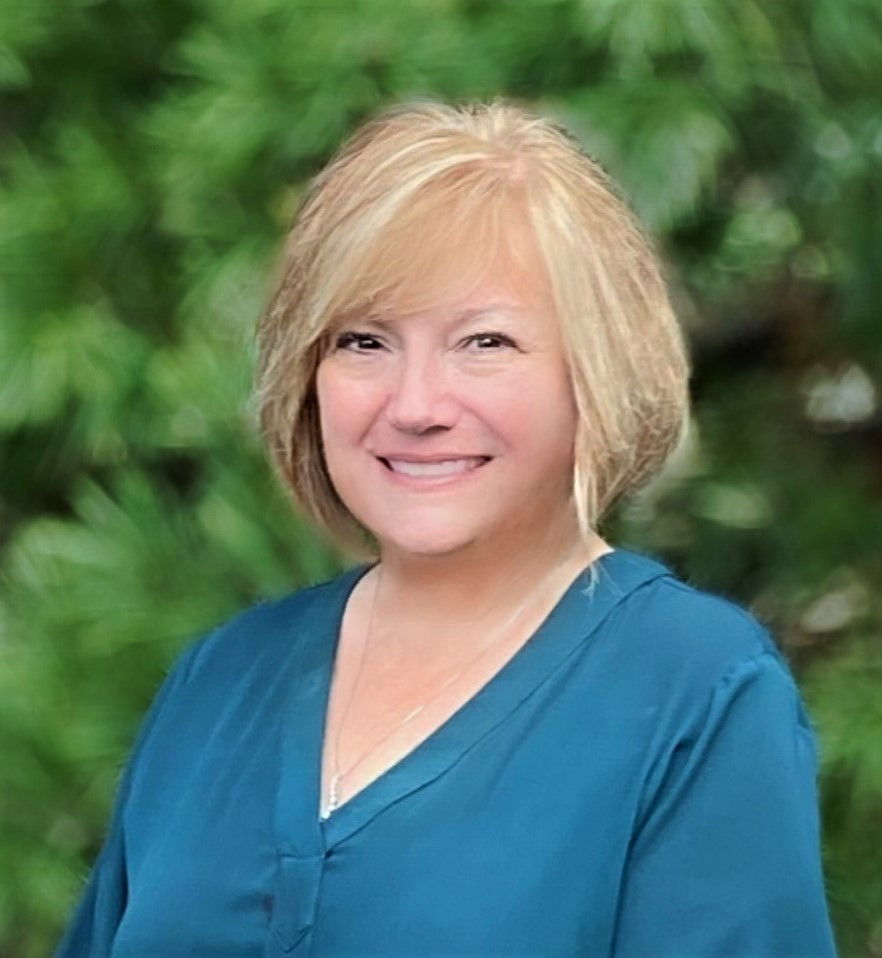Electronic Delivery of Participant Notices
Periodically, plan participants are required to receive notices and disclosures about their 401(k) plans in a secure and timely manner. The paper delivery of 401(k) notices is costly and not the way most people are accustomed to receiving this type of communication. Honestly, I cannot remember the last time I received a paper notice or a paper statement that I read. Of course, 401(k) notices can always be delivered in paper form either by distributing copies at a company meeting or by mailing them to each participant’s last known address. However, posting a required notice in an employee break room or other common area is not acceptable.
The e-Disclosure Safe Harbor Rule provides relief from certain administrative expenses, in that, it will allow new forms of electronic delivery to be the default delivery method, so long as, the intended recipient can be reached electronically and receives the appropriate initial notification. The DOL estimates that electronic delivery will save “an estimated $2.4 billion net cost over the next 10 years for ERISA-covered retirement plans by eliminating materials, printing, and mailing costs associated with furnishing printed disclosures”.
The rule allows plan sponsors to deliver 401(k) disclosure notices electronically to all employees that are part of the plan, regardless of their employment status. The 401(k) documents covered are:
- Summary Plan Description (SPD)
- Summary of Material Modification (SMM)
- Summary Annual Reports
- QDIA Notice
- Annual Notice (Safe Harbor & Automatic Enrollment)
- Investment-related disclosures (identifying information, performance data, benchmarks, fee information, etc.)
Still, such simplicity and cost savings come with a price. Before plan administrators can default a participant into electronic delivery, they must first notify the individual by paper that some or all plan documents will be furnished electronically. The participant also retains the right to request and receive paper copies of some or all of the covered documents.
A plan administrator is required to send a notice of internet availability to the employee’s email address on file each time a 401(k)-plan disclosure is posted to a company’s employee website. Each notice of internet availability must remind the individual of his or her right to request and receive paper copies and to opt out of electronic delivery, as well as, the procedures to exercise such rights. Documents posted must remain available on the website until replaced by an updated document. Posted documents must be searchable electronically and protect the confidentiality of personal information.
It is also required that any email delivery system must include an invalid electronic email address alert. Once an invalid email address has been identified, there must be a process and procedure to fix the problem by sending the notice to a secondary email address on file (work email vs. personal email). If a new email address is not updated by the participant, then the participant will be treated as if they had opted out of electronic delivery and be sent the paper version as soon as possible, until a new valid email address has been received.
Electronic delivery can benefit 401(k) participants as well as cost savings to the plan sponsor. It can allow the participant to respond to the plan information in “real time”. Most participants/employees are used to accessing and reading notices this way for their other benefits. Plan administrators can send the notices in a way that will date and time stamp that the notice was opened.
While the electronic delivery rule is great, the DOL has made clear that plans have a fiduciary duty to protect the confidentiality of participants’ personal information. As a result, plans should make sure that their cybersecurity policy and procedures include these electronic notices. Plans should review all systems regularly and document both their findings and the actions taken to address any security risks. Contact your Account Executive at RMS if you have any questions.



